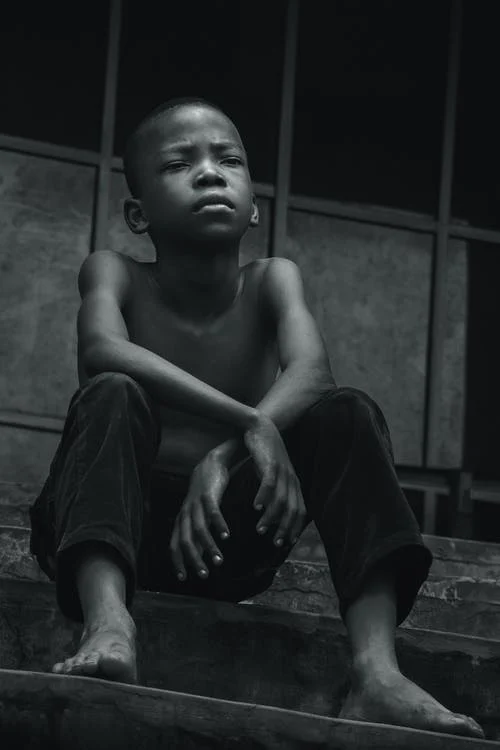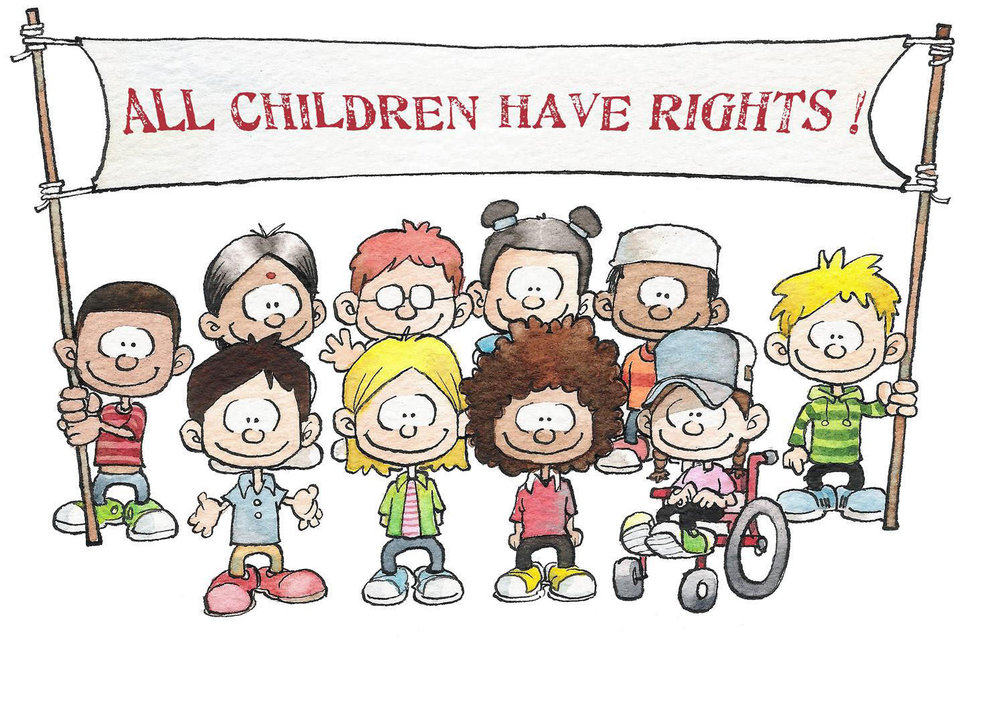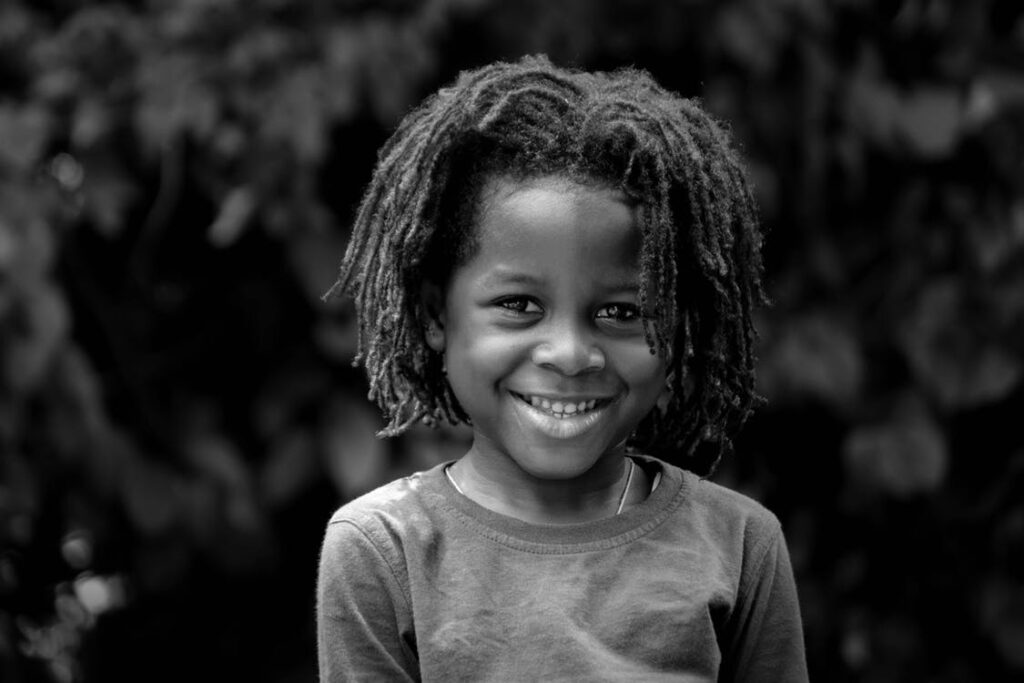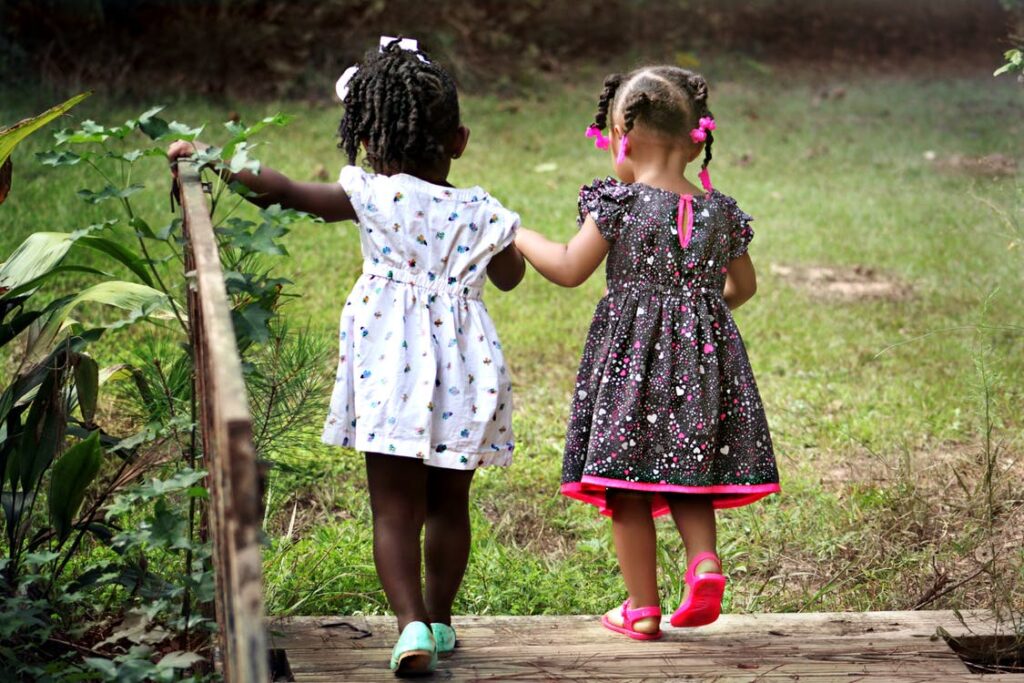Children’s day is a commemorative date celebrated annually in honour of children as today’s hope of tomorrow’s leadership and greatness, also as a reminder to all about the importance of childhood and better life.
Hence, the importance placed on children by each nation is said to be the determining metric of its future. According to the 2021 UN World children’s day message, children’s day offers us (as a person, people and a nation) an inspirational entry-point to advocate, promote and celebrate children’s right, translating into dialogues and actions that will build and guarantee a better world and future for every child.


Its noteworthy to state that as a people and as a nation, Nigeria has failed her future leaders with about 18.5 million Nigerian children not having access to education in Nigeria (UNICEF 2022); over 70% of those in school are not learning (UNICEF 2022); insecurity on a relentless campaign; the lack of basic necessities (such as good food, shelter and clothing) and amenities; rampaging child trafficking, labour, abuse and violence amongst many others.
Children’s day is an annual national celebration in all the thirty (36) States of Nigeria as well as the Federal Capital Territory, however, the Child’s Right Act of 2003 (CRA) has only been domesticated in twenty-nine (29) States and the Federal Capital Territory, while the same remains unapplicable in about seven (7) States of the nation, namely: Adamawa, Bauchi, Gombe, Kebbi, Yobe, Kano and Zamfara States.

This article shall focus on creating awareness on the rights of a child as enshrined in the Child’s Right Act, 2003, as the enshrined rights should be the key performance indicator for every state and nation and a focal point for every year’s children’s day celebration. The opening section of the Act provides that “in every action concerning a child, whether undertaken by an individual, public or private body, institution or service, court of law or administrative or legislative authority, the best interest of the child shall take eminent priority and attention over all others in every subject matter. The Act defines a child as one under eighteen (18) years of age. (S. 277 CRA).

- Every child is guaranteed the inherent right to life as well as the right to the enjoyment of adequate and the highest attainable standard of living for the child’s physical, mental, spiritual, moral and social development (S. 4 CRA).
- It is a duty on all parents or guardians to give a name to a child and as well register the birth and death of a child with the appropriate authority. (S. 5 CRA)
- Every child is entitled to the right of association and peaceful assembly in conformity with the law and in accordance with the necessary guidance and directions of parents and guardian. (S. 6 CRA)
- A child shall enjoy the freedom of thought, conscience and religion; however, parents and guardian are obligated to provide guidance and direction in the exercise of this right with regards to evolving capacities and best interest of the child. (S. 7 CRA)
- Subject to reasonable supervision and control by the parent or guardian, every child is entitled to enjoy the protection of private life, family life, home and correspondences. (S. 8 CRA)
- Every child shall enjoy the freedom of movement subject to parental control in the interest of education, safety and welfare of the child. (S. 9 CRA)
- Freedom from discrimination, disability and deprivation by reason of association, ethnicity, place of origin, gender, religion, political opinion or circumstances of birth. (S. 10 CRA)
- Every child shall be treated with dignity and shall not be subjected to physical, mental and emotional injury, neglect, maltreatment, torture, attack to his/her honour, slavery or abuse in any and every form. (S. 11 CRA)
- Right to leisure, recreation and cultural activities appropriate for the age of the child. (S. 12 CRA)
- It is the duty of every government, institutions, agencies, parent, guardian, organizations or body responsible for the care of a child to provide the highest attainable standard of health and health services to every child. Also, refusal to provide full immunization to a child under the age of two (2) years is an offence punishable under the law upon conviction. (S. 13 CRA)
- Every child is entitled to enjoy parental care, protection and maintenance in accordance to the extent of means of the parent/guardian and this right is enforceable. Separating a child from the parent, against the wish of the child is a punishable offence except on grounds allowed by law. (S. 14 CRA)
- Every child is entitled to free, compulsory and universal basic education obligated to be provided by the government. Parents and guardian
- are obligated to ensure that every child attends and complete both primary education and junior secondary education. (S. 15 CRA)
- Every unborn child has a right to protection against harm and to the estate of the deceased parent (S. 17 CRA)
- Child marriage, betrothal and the promotion of the same constitute an offence punishable under the law. Also, a child lacks the capacity to contract a valid marriage, hence, such a marriage so contracted is null and void. (S. 21 & 22 CRA)
- Tattooing and making skin marks on a child is an offence punishable offence under the law. (S. 24 CRA)
- It is a criminal offence punishable under the law to subject a child to forced and exploitative labour (S. 28 CRA)
- Child trafficking and dealings in children as chattel or for purposes of hawking, alms begging, guiding beggars, prostitution, slavery, domestic or sexual labour or for any unlawful and immoral purpose is a grave criminal offence under the law. (S. 30 CRA)
- Sexual intercourse with a child is a criminal offence and it is immaterial and non-excusable that the child gave consent or that you were oblivious of the child’s actual age or thought that the child was older (S. 31 CRA)
- The dissemination of harmful publication to children or the possession of harmful publication for the purpose of publishing the same is a criminal offence punishable under the law. (S. 35 & 36 CRA).

Harmful publication means any book magazine, film, picture, video or audio tape or print or other medium targeted at or likely to fall into the hands of children and which consists wholly or partly: the commission of crimes; acts of violence or cruelty; incidents of a repulsive or horrible nature; acts of words of an immoral character; or obscene and indecent representation in such a way that the work as a whole would tend to corrupt or deprave a child into whose hands it may fall. (S. 277 CRA).
Conclusion
Children and young persons are public investments and hope of better continuity of a nation; hence, it is no herculean prediction that the future of a nation is wholly dependent and forged by the quality and standard of her investments into the nurturing, health, environment, education and general welfare of her children and young persons. Therefore, promoting and protecting the rights of children and young person should not never be a topic to debate or be decimated to an annual celebration, rather, it should be the topmost priority for every parent, guardian, government, institutions, organizations and the world in general.
DISCLAIMER
Thank you for reading this article. While we hope you find it informative, please note that same does not in any way constitute or amount to legal advice and must not be construed as such. However, if you have any enquiries, please contact the author, Matthew Samuel Tosin at: matthewtosam@fortlords.com; or: inquiries@fortlords.com.
FORTLORDS | www.fortlords.com | Lagos, Nigeria.
END NOTE
- Child’s Right Act, 2003
- UNICEF, 2022“UNICEF commends Governor Zulum for signing Child Protection Law”, accessed on the 25 May 2022 and available at: https://www.unicef.org/nigeria/press-releases/unicef-commends-governor-zulum-signing-child-protection-law
- United Nations, 2022, “World Children’s Day, 20 November”, accessed on the 25 May 2022 and available at: https://www.un.org/en/observances/world-childrens-day
- Vanguard, 2022, “70% of school children not learning – UNICEF” accessed on the 25 May 2022 and available at: https://www.vanguardngr.com/2022/04/70-of-school-children-not-learning-unicef/
- Voice of Africa news, 2022 “18.5 Million Nigerian Children Are Out of School, UNICEF Says”, accessed on the 25th May, 2022, available at: https://www.voanews.com/a/millions-nigerian-children-are-out-of-school-unicef-says/6569716.html

